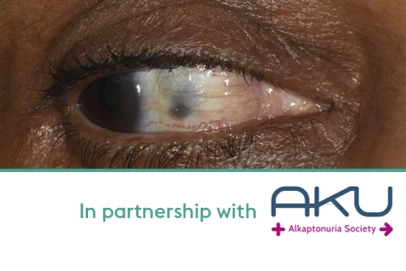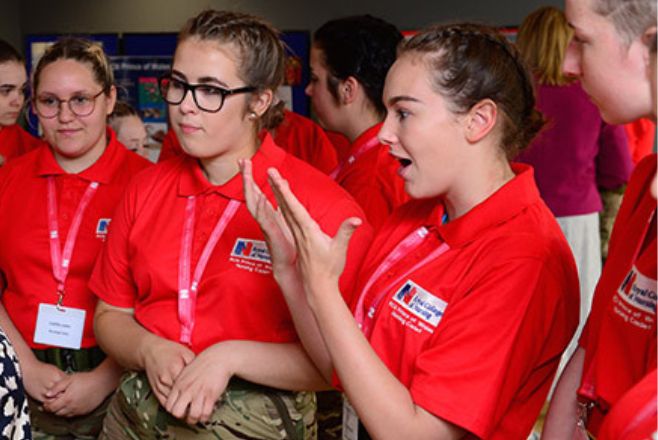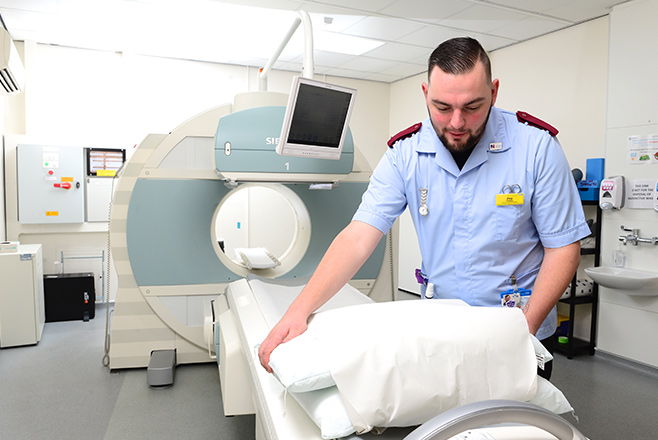An overview of Alkaptonuria (AKU) or 'black bone disease'

Course
Exclusive quality-assured course.

Available to RCNi Plus subscribers
Applicable for any nurse with an RCNi subscription
This module provides a review of alkaptonuria (AKU) or ‘black bone disease’, including the signs, symptoms, diagnosis and management of the condition.
Who is this resource for?
This resource is aimed at nurses and nursing support workers across all settings and levels of practice, including students of health, social work and care professions.
Authors
Downloaded content date
PDF created on: 5 Jan 2026.
Downloaded from: https://rcnlearn.rcn.org.uk/Search/537-AnoverviewofAlkaptonuriaAKUorblackb.
Please check: https://rcnlearn.rcn.org.uk for a more up-to-date version of this content.
 ;
; ;
; ;
; ;
;